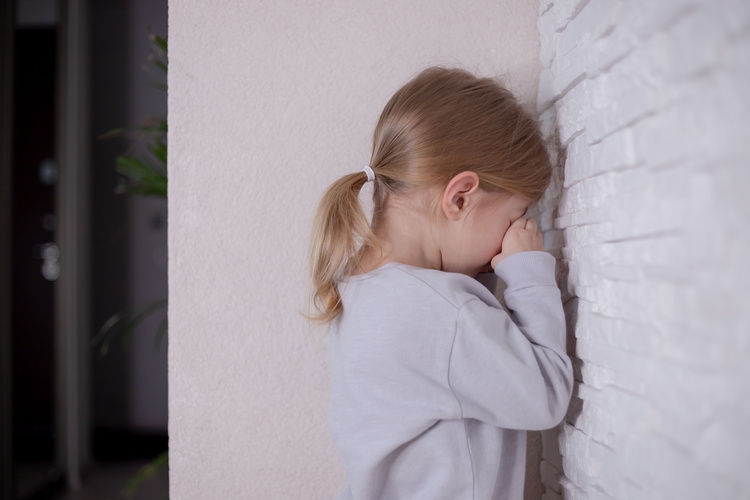In the long run, setting boundaries and consequences for your toddler is doing them a favour. It can be difficult saying no to them – the tears, the screams, that cute quivering lip. But understanding that our actions have reactions is important for life.
It's important to practise patience with your toddler and remember that they are still learning how the world works. Often, when they ask 'why, they are truly wondering why not just trying to get out of going to bed.
When you give your toddler a consequence, such as ‘no sweet treats’ because they refused to pick up their toys when you asked them to, your little one must understand why you are giving them this consequence. 'Because I said so' could lead to confusion.
Try to break it down for your toddler. Explain that when they didn't pick up their toys when you asked them to, it made you feel upset because they were not respecting your polite request. Also, it left more work for you to do, and it's important to help each other out in a family. If you use consequences as a way to teach a lesson, you could be helping your toddler grow as a person.
Sometimes your little one might not grasp the connection between their actions (such as ignoring your request) and the punishment (no treats tonight). If they don’t understand then they might repeat the same mistake.
When setting consequences, make sure they are appropriate for the level of the 'bad behaviour'. For example, is it a mistake or a repeat offence?
Your toddler will make lots of mistakes! That's ok – they're learning! They aren't trying to frustrate you by leaving their blocks on the ground for you to step on.
The first time a mistake occurs, gently explain to your little one what went wrong and what to do instead next time. It might take a few reminders to get your little one into the habit of packing up their toys after a play. If you've had the same conversation with your little one countless times, perhaps it could be helpful to increase the consequence. After the tenth time you step on a toy, it might be time to take it away for a few days. Make sure to explain to your child why this is happening and how it could have been avoided.
Think of consequences as a favour to your little one; if they are confusing and harsh, it may not be helping them. It's not fun for you to do, and it's not easy to see your little one upset or distressed, even if they have done something wrong. Consequences should match the severity of the action, and always come with an explanation about why this is the punishment and what lesson they can learn.
Recommended Articles:
https://www.babybunting.com.au/baby-talk-blog/Letting-Go-of-Parent-Guilt/
https://www.babybunting.com.au/baby-talk-blog/keeping-your-cool-when-your-toddler-loses-theirs/



